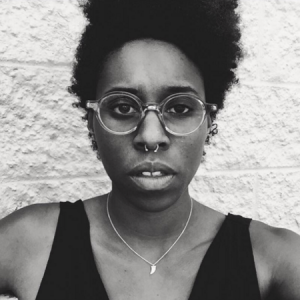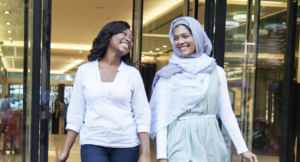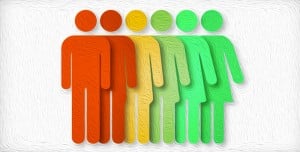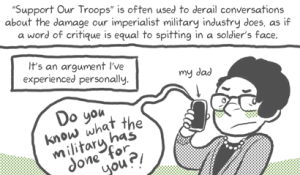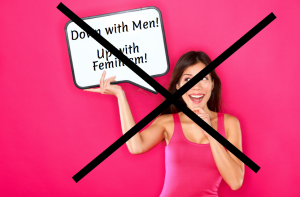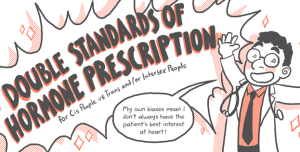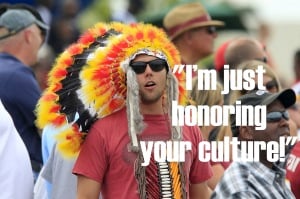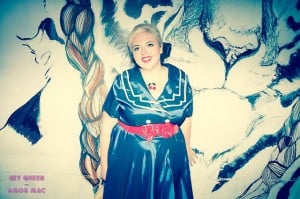Is your activism as inclusive and accessible as you want it to be?
Sometimes in the hustle and bustle of putting together events, rallies, and education, we don’t notice who we’re leaving out.
Does someone need a college degree to understand the vocabulary you’re using? Does being low-income mean they can’t afford to get into your event?
It can be hard to keep track of all the details of being inclusive. But here’s a good start – a comic that shows some of the common ways people are excluded due to disability, class, and more.
Each example has some practical ideas for making sure everyone’s included. Can you think of any other solutions to these problems?
With Love,
The Editors at Everyday Feminism

Click for the Transcript
To learn more about this topic, check out:
- 6 Great Moves to Throwing a More Accessible Party
- 5 Assumptions Behind the ‘Fear of Missing Out’ That Are Actually Really Ableist
[do_widget id=’text-101′]
Robot Hugs is a webcomic that discusses identity, gender, and sexuality, explores depression and mental illness, and often includes cats. The creator lives in Toronto; they have a degree in Linguistics and a graduate degree in Information Studies. Specifically, they identify as a non-binary genderqueer peoplequeer mentally ill non-monogamous kinky critical feminist robot. Their hobbies include worrying, being concerned about things they can’t change, being angry, being uselessly angry, hiding from the world, and knitting. Follow Robot Hugs on Twitter @RobotHugsComic.
Search our 3000+ articles!
Read our articles about:
Our online racial justice training
Used by hundreds of universities, non-profits, and businesses.
Click to learn more






